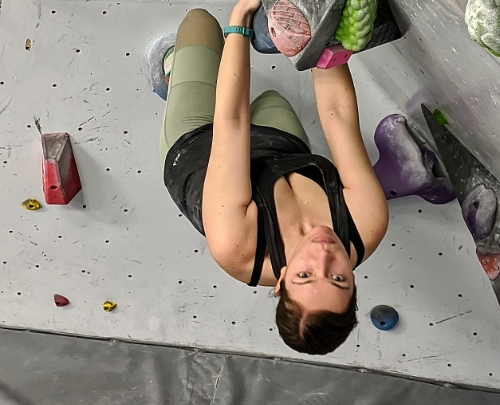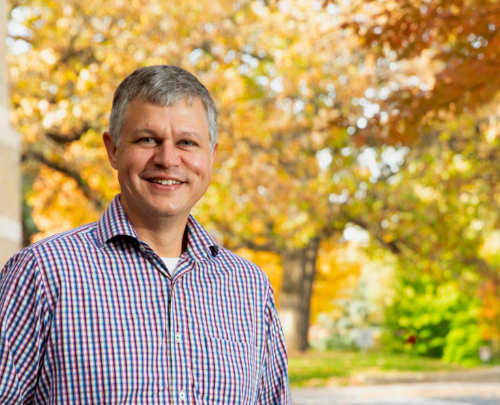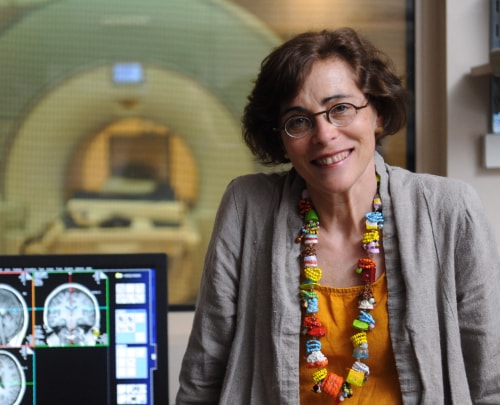4
Aug 2020
How do our brains respond when people behave in unpredictable ways? In episode 80, Jordan Theriault from Northeastern University discusses his research into a set of brain regions which, when activated by a variety of social tasks, can provide insights into how we judge the moral objectivity or su......
3
Mar 2020
Why Velcro 3D glasses onto cuttlefish? In Episode 69, Trevor Wardill from the Department of Ecology, Evolution and Behavior at the University of Minnesota discusses his research into the previously unknown ability of the cephalopod to see in stereo vision. His article, “Cuttlefish use stereopsis t...
29
Oct 2019
How can what engineers learn from how barn owls pinpoint the location of the faintest sounds apply to their development of nanotechnologies capable of doing even better? In episode 61, we're joined by Saptarshi Das, a nano-engineer from Penn State University, who talks with us about his open-acces......
15
Oct 2019
When real-time fMRI neurofeedback improves people's symptoms long after treatment, might that influence the guidance that's provided to patients, and also inform the design of future clinical trials? In episode 60, we're joined by Michelle Hampson from Yale University's School of Medicine. She dis......
13
Nov 2018
Might our brains have greater plasticity than commonly thought? In episode 36, Marlene Behrmann from Carnegie Mellon University, discusses her 3-year longitudinal investigation of a young boy who had the region of his brain which recognizes faces removed, but regained this ability through neural p......





